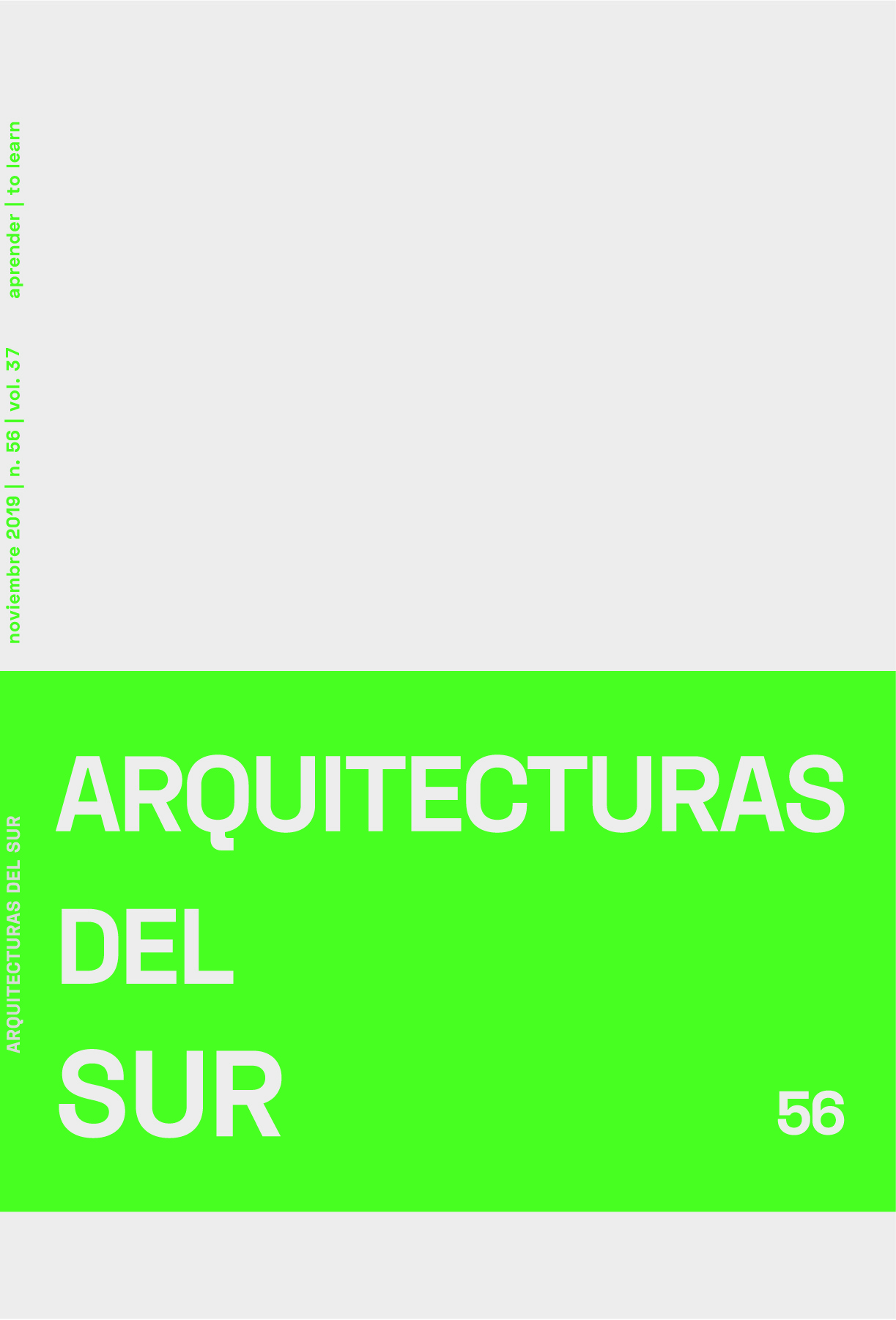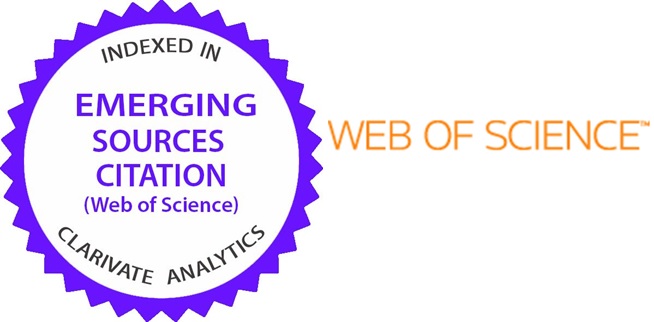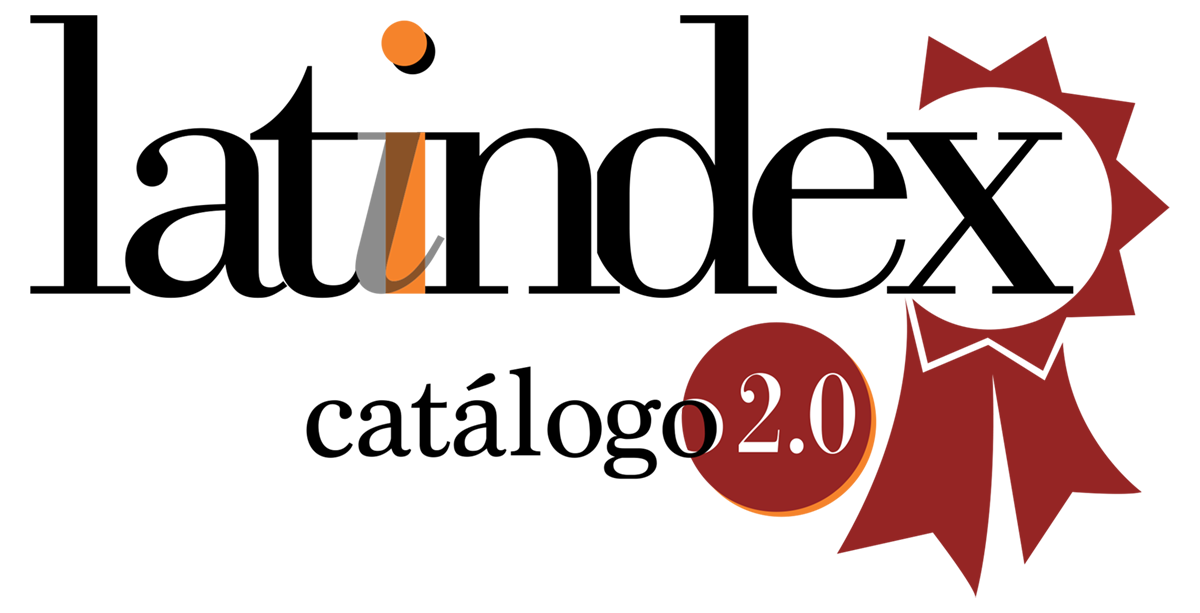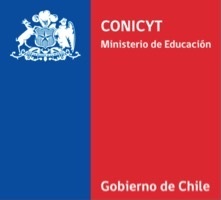Towards a search for socio-environmental commitment: Reflections on a pedagogical methodology in architecture and urbanism
DOI:
https://doi.org/10.22320/07196466.2019.37.056.08Keywords:
Architecture, urbanism, methodology, teaching, environmentAbstract
This text discusses a hypothesis on a pedagogical methodology in architecture and urbanism that is the result of many years of academic experience, whose structure is constantly under collective construction. The presentation of ethical, social and environmental principles and purposes prevails, translated by the understanding of the inseparability of theory and practice; of practice as the production of knowledge; of the necessary interaction between erudite and popular knowledge; of the simultaneously technical and humanist nature of the field of architecture and urbanism as applied social sciences; and of the balance between artifice and environment that must preside over our actions in light of the uncertainty of the human condition on the planet, in a state of social crisis and imminent environmental collapse. Universities aim to be one of the protagonists in the process of opening, debating and forging paths, breaking down walls that separate them from real life, to produce more effective action, in search of an achievable utopia. It is intended that the issues raised here may contribute as alternatives in the construction of new paradigms from the field of learning, as resistance to and a way of overcoming the conditions imposed by the unfavorable correlation of geopolitical and economic forces, in relation to peripheral dependent countries, where Latin America plays an important role.
Downloads
References
Davis, M. (2006). Planeta favela. São Paulo: Boitempo.
Freire, P. (2013) Pedagogia da autonomia: Saberes necessários à prática educativa. São Paulo: Paz e Terra.
Freud, S. (2002). O mal-estar na civilização. Rio de Janeiro: Imago. Koop, A. (1990). Quando o moderno não era um estilo e sim uma causa. São Paulo: Nobel.
Luz, V. (2014). Ordem e origem em Lina Bo Bardi. São Paulo: Giostri.
Luz, V. (2018). Por Uma Autonomia Concretizável: Proposição de técnicas de arquitetura e infraestrutura de pequeno e médio porte para comunidades em regiões de fragilidade socioespacial e ambiental In Encontro da Associação Nacional de Pesquisa e Pós-Graduação em Arquitetura e Urbanismo, Anais dos Trabalhos V ENANPARQ 2018 (pp. 1082-1104). Salvador: Souza, A. M. G., BAETA, R. E. & Andrade Jr, N. V. (Orgs.). Recuperado de https://repositorio.ufba.br/ri/bitstream/ri/27744/2/eixo-1.pdf
Luz, V.; Fabiano Jr, A. (2017). Mundos e Fundos: Projeto e Atos no Fundão do Jardim Ângela. Arquitextos 208.04 (18) 2017. Recuperado de http://vitruvius.com.br/revistas/read/ arquitextos/18.208/6741
Maricato, E. (2015). Para entender a crise urbana. São Paulo: Expressão Popular.
Marques, L. (2016). Capitalismo ou Colapso Ambiental 2a ed., (ver., ampl e atual.). Campinas: Unicamp.
Oliveira, C. Brasil:Uma biografia não autorizada. São Paulo: Boitempo.
Rikwert, J. (1974). La Casa de Adán en el Paraíso. Barcelona: Gustavo Gilli.
Rocha, J. C. S., & Gordilho, H. (Orgs.) (2018). Direito da terra meio ambiente e ecologia humana: Homenagem post mortem a José Luis Serrano. Salvador: EDUFBA.
Rolnik, R. (2017). Territórios em conflito: São Paulo: espaço, história e política. São Paulo: Três Estrelas.
Rousseau, J. J. (1999). Discurso sobre a origem e os fundamentos da desigualdade entre os homens, procedido de discurso sobre as ciências e as artes. São Paulo: Martins Fontes.
Santos, B. S. (2018). Construindo as Epistemologias do Sul, antologia essencial: Para um pensamento alternativo de alternativas (Vol. 1). Buenos Aires: CLACSO. Recuperado de http://biblioteca.clacso.edu.ar/clacso/se/20181203044407/Antologia_Boaventura_PT1.pdf
Valéry, P. (1999). Eupalinos ou o Arquiteto. São Paulo: Editora 34.
Villaça, F. (1998). Espaço intra-urbano no Brasil. São Paulo: Studio Nobel/FAPESP/ Lincoln Institute.
Viollet-le-duc, E. (1986). Histoire de l’habitation humaine : Dépuis les temps préhistoriques a nos jours. Bruxelas: Pierre Madraga.
Wackermagel, M., & Rees, W. (1996). Our ecological footprint: Reducing human impact on the earth. Philadelphia: New Society Publisher.
Wick, R. (1989). Pedagogia da Bauhaus. São Paulo: Martins Fontes.
Published
How to Cite
Issue
Section
License
The content of the articles published in each issue of Arquitecturas del Sur is the sole responsibility of the authors and does not necessarily represent the opinion of University of the Bío-Bío.
The authors will maintain their copyright; however, they will guarantee the journal the right to first publication and dissemination of their work. The publication of the article in Arquitecturas del Sur will be subject to the Creative Commons International license (CC BY-SA) that allows others to adapt: remix, transform and build on the material for any purpose, even commercially; share: copy and redistribute the material in any medium or format, as long as the authorship and first publication in this journal are acknowledged by citing them correctly, and their new contributions are under a license with the same terms.














 Programa de Información Científica/Concurso Fondos de Publicación de Revistas Científicas 2018/ Proyecto Mejoramiento de Visibilidad de Revistas UBB (Código:FP180007)
Programa de Información Científica/Concurso Fondos de Publicación de Revistas Científicas 2018/ Proyecto Mejoramiento de Visibilidad de Revistas UBB (Código:FP180007) 
